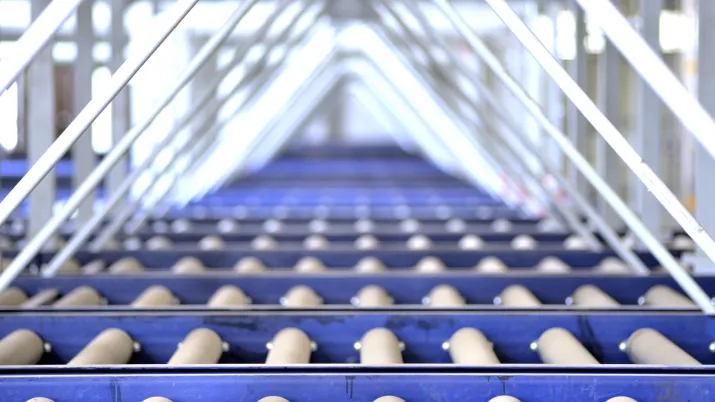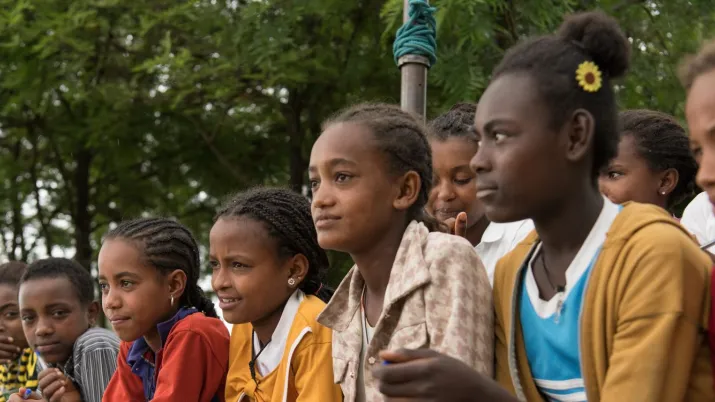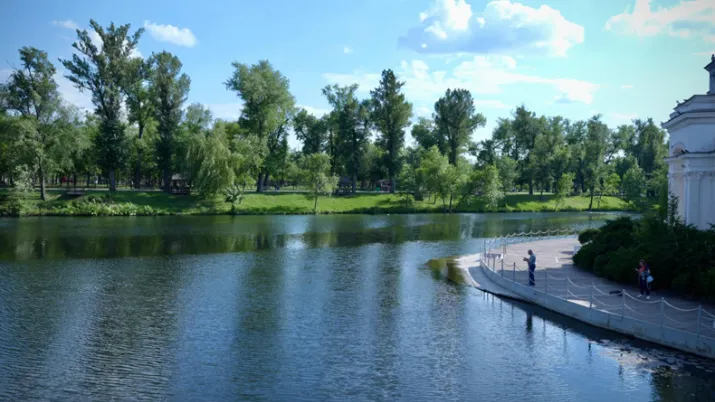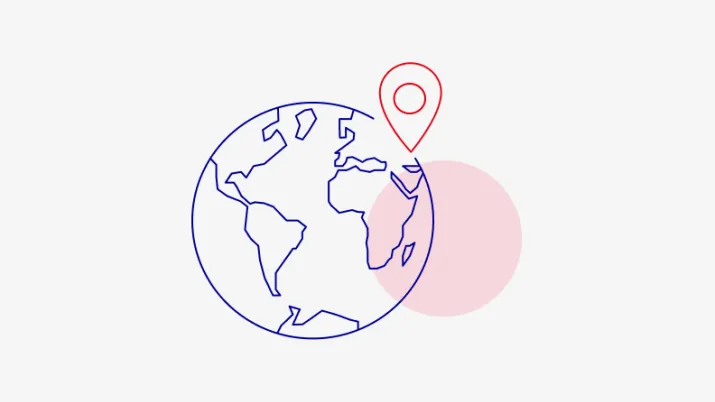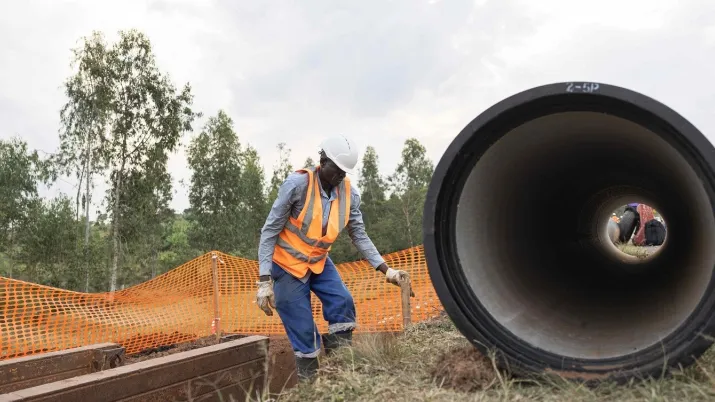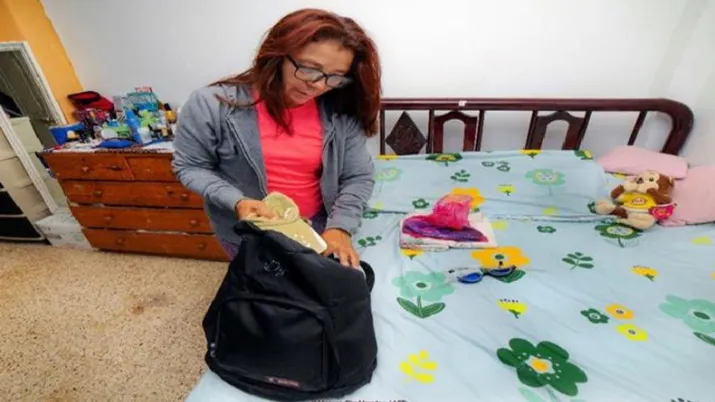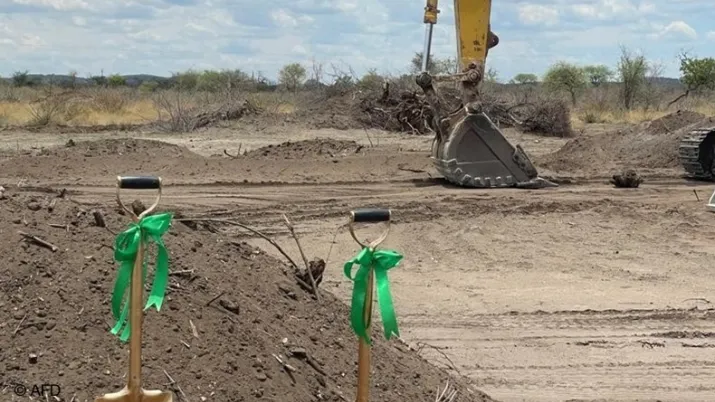Share the page
Contribution to the Second Urban Water Supply And Sanitation Project in Ethiopia (UWSSP II)
Project
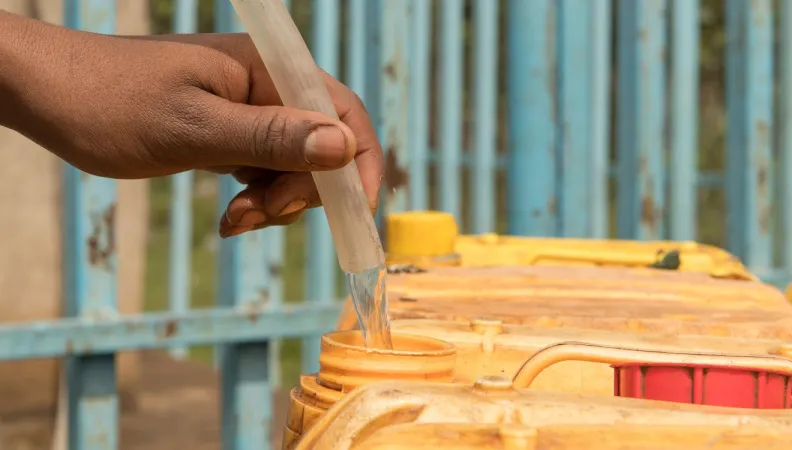

-
Project start date
-
Status
Ongoing
-
Project duration
-
3 years
-
AFD financing amount
-
€ 15 000 000
-
Country and region
-
Location
-
Addis Ababa and 22 selected towns
-
Type of financing
-
Beneficiaries
-
Ministry of Finance, Ethiopia
Increasing social and gender impacts of the Second Urban Water Supply and Sanitation Project in 22 secondary cities.
Context
Some 35 million people in Ethiopia lacks access to clean water. In addition, 68% of the population have no access to proper latrine facilities. Water, Sanitation and Hygiene (WASH) is still among the top three health risks and one of the key barriers to school attendance and enrolment particularly of girls in Ethiopia.
WaSH is linked with gender equality and poor Water and Sanitation access disproportionately impacts women and girls.
Sanitation access in Ethiopia is still low, and open defecation is common, despite the country has made great progress in reducing the trend from 92% to 22% between 1992 and 2017.
Description
The UWSSP II Project aims to provide a city wide inclusive sanitation approach through provision of sanitation for all urban dwellers with appropriate sanitation facilities. The project is designed to contribute to the GoE effort to eliminate open defecation, increase percentage of population using a ‘safely managed’ sanitation service, and enhance existing water supply services through improved operational efficiency and expansion of water supply service to unserved areas. The project aims to ensure access to sanitation infrastructure and improve the living conditions of the Ethiopians in 22 secondary cities and Addis. The project is co-financed with the World Bank. AFD support aims at increasing gender impact of the programme in 22 secondary cities targeting specific gender activities under the sanitation component.
Impacts
The project aims to cover twenty-three cities, 3.40 million people (50% of them women) residing in Addis Ababa and the selected 22 towns will directly benefit from the project, of which 2.778 million from improved sanitation facilities and 623,000 from access to improved water supply services. The AFD support targets the sanitation components of the project and there are 1000 gender friendly public latrines planned to be constructed using WB and AFD financial support.
The proposed direct added value of the AFD grant to the program includes:
- The construction of safe public latrines, which are adapted to the specific needs of women, promoting the training and access of women to the jobs, created in the sanitation facilities.
- The implementation of the gender action plan of the UWSSP II program.
- Realizing a crosscutting study on women’s role in the water supply and sanitation sector and incorporating an action plan that promotes employment and involvement of women.
- Facilitate a short term improvement of the operations of sludge treatment plants in order to ensure the proper operation of financed latrines.



